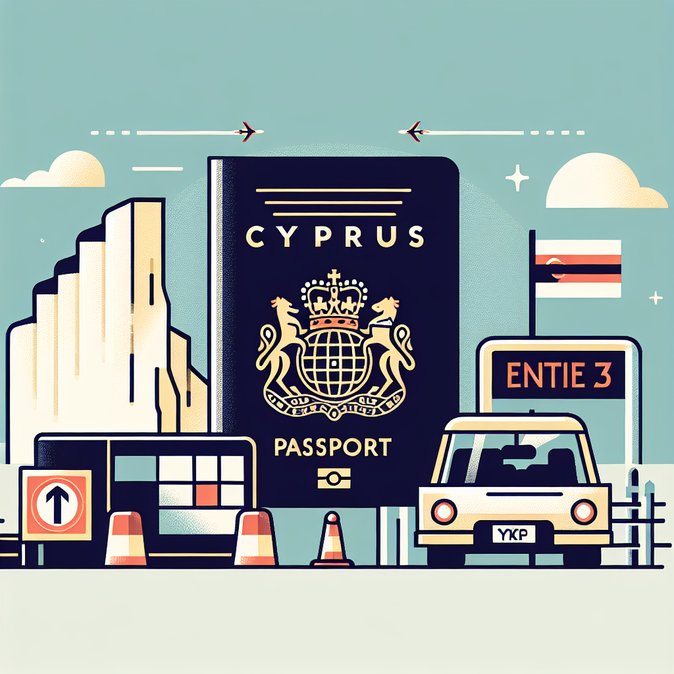
Britain’s Port of Dover announced on 1 November that it would delay the roll-out of the European Union’s Entry/Exit System (EES) for tourists travelling by car, pending final approval from French border authorities. The EES—already live for freight and coach traffic since 12 October—requires all non-EU visitors, including Cypriots, to submit fingerprints and a facial scan the first time they cross an external Schengen border. Although Cyprus is an EU member, it is not yet part of Schengen; Cypriot passport holders therefore fall under the “third-country national” definition and must register biometrics when entering continental Europe by land or sea.
For the sizeable Cypriot community studying or working in the UK, and for companies routing shipments through Dover–Calais, the pause offers breathing space. Port CEO Doug Bannister said tourist processing could take “up to six times longer” once EES is active, raising fears of Easter-weekend queues in 2026. Airlines and tour operators selling U.K.–Cyprus packages welcomed the postponement, noting that many travellers combine flights into London with ferry crossings back to mainland Europe.
![Dover postpones EU biometric border checks—Cypriot travellers to UK get temporary reprieve]()
Travel-management companies in Nicosia are advising clients to pre-register via France’s forthcoming EES smartphone app—currently in beta testing—and to allow extra time at Channel ports once the system goes live. They also remind dual Cypriot–EU nationals that using an ID card instead of a passport will not exempt them, as national ID cards are not recognised outside Schengen.
The incident underscores a broader mobility issue for Cyprus: until full Schengen accession, Cypriot citizens will continue to experience ‘third-country’ treatment at many EU external borders. Parliament’s July 2025 vote to align the national Visa Information System with Schengen databases is therefore viewed as a strategic priority for both business and leisure travel.
In the meantime, companies should audit supply-chain routes that rely on Dover and brief mobile employees on forthcoming biometric requirements to minimise disruption.
For the sizeable Cypriot community studying or working in the UK, and for companies routing shipments through Dover–Calais, the pause offers breathing space. Port CEO Doug Bannister said tourist processing could take “up to six times longer” once EES is active, raising fears of Easter-weekend queues in 2026. Airlines and tour operators selling U.K.–Cyprus packages welcomed the postponement, noting that many travellers combine flights into London with ferry crossings back to mainland Europe.

Travel-management companies in Nicosia are advising clients to pre-register via France’s forthcoming EES smartphone app—currently in beta testing—and to allow extra time at Channel ports once the system goes live. They also remind dual Cypriot–EU nationals that using an ID card instead of a passport will not exempt them, as national ID cards are not recognised outside Schengen.
The incident underscores a broader mobility issue for Cyprus: until full Schengen accession, Cypriot citizens will continue to experience ‘third-country’ treatment at many EU external borders. Parliament’s July 2025 vote to align the national Visa Information System with Schengen databases is therefore viewed as a strategic priority for both business and leisure travel.
In the meantime, companies should audit supply-chain routes that rely on Dover and brief mobile employees on forthcoming biometric requirements to minimise disruption.









